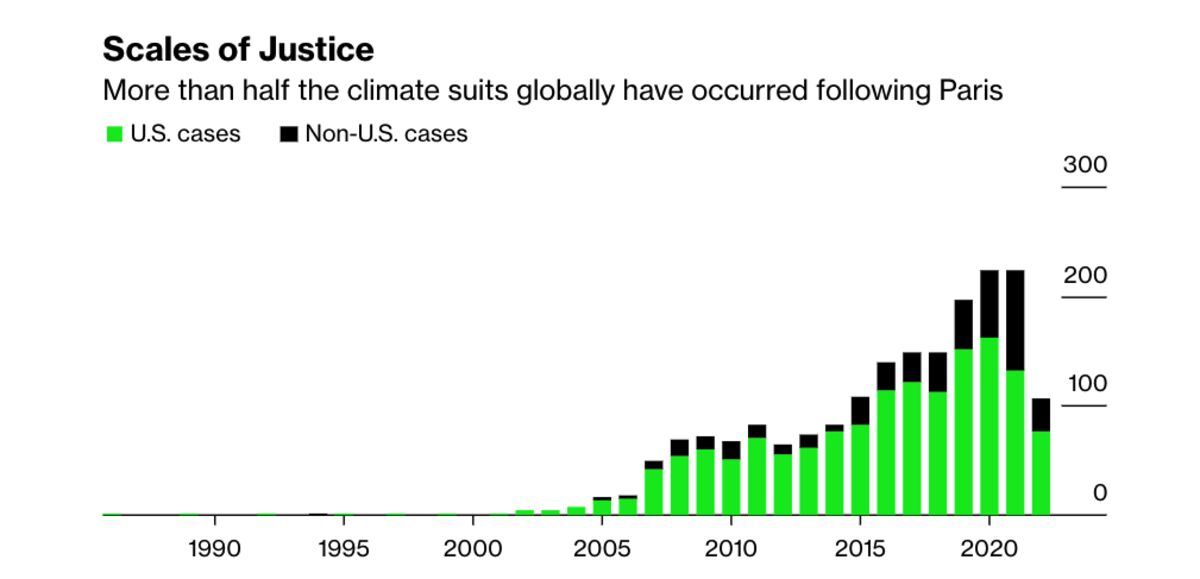Energy Australia's "Go Neutral" Claims: A Landmark Greenwashing Case

Table of Contents
Energy Australia's "Go Neutral" Campaign: A Detailed Examination
Energy Australia's "Go Neutral" campaign launched with significant fanfare, promising customers a pathway to carbon-neutral energy consumption. Let's dissect the campaign's various aspects:
Marketing Strategies and Public Messaging
The campaign employed a multi-pronged marketing approach, including:
- Television commercials: Featuring idyllic scenes of nature juxtaposed with images of clean energy technologies.
- Social media campaigns: Utilizing emotionally charged visuals and messages emphasizing environmental responsibility.
- Website and press releases: Highlighting the company's commitment to renewable energy and carbon offsetting.
The target audience was broad, encompassing environmentally conscious consumers and those seeking ethically sourced energy. The language used frequently employed terms like "sustainable," "eco-friendly," and "carbon neutral," often without providing specific details on how these goals were achieved.
Offsetting Programs and Carbon Credits
Energy Australia's "Go Neutral" strategy relies heavily on carbon offsetting and the utilization of renewable energy sources. A closer look reveals:
- Types of offset projects: The company invests in various international projects, including reforestation initiatives and renewable energy projects in developing countries.
- Verification and certification processes: While some offsets are certified by recognized standards (e.g., Gold Standard, Verified Carbon Standard), the overall verification process lacks complete transparency.
- Proportion of offsets versus actual emissions reductions: A significant portion of the claimed neutrality comes from purchased offsets, raising questions about the actual reduction in greenhouse gas emissions from Energy Australia's core operations.
Transparency and Accountability
A crucial element in assessing the legitimacy of "Go Neutral" is the level of transparency and accountability demonstrated by Energy Australia:
- Accessibility of data and reporting on emissions: While some data is available on their website, comprehensive and independently verified emissions data remains limited.
- Independent verification of claims: The lack of independent third-party verification of their carbon offsetting programs casts doubt on the accuracy of their claims.
- Public response and criticism regarding transparency: Environmental advocacy groups have criticized Energy Australia for a lack of transparency, demanding more robust data and independent auditing of their sustainability claims.
Defining Greenwashing and its Indicators in the Energy Sector
Greenwashing, the act of making misleading or unsubstantiated claims about the environmental benefits of a product or service, is rampant in the energy sector. Key characteristics include:
Key Characteristics of Greenwashing
- Vague or misleading claims: Using ambiguous language that avoids quantifiable metrics or specific details.
- Lack of evidence or verification: Failing to provide independent verification or credible data to support environmental claims.
- Irrelevant certifications: Using certifications that are not relevant to the specific environmental claim being made.
- Focus on minor improvements while ignoring major issues: Highlighting small, incremental changes while neglecting larger environmental impacts.
Legal and Regulatory Frameworks
In Australia, several legal frameworks are relevant to environmental claims:
- Australian Consumer Law (ACL): Prohibits misleading or deceptive conduct in advertising, including greenwashing.
- Specific regulations concerning carbon offsetting: While regulations exist for carbon offsetting, enforcement and oversight remain areas of concern.
- Potential penalties for greenwashing violations: Penalties for greenwashing can include fines and legal action.
Independent Analysis and Expert Opinions on Energy Australia's "Go Neutral"
Independent assessments of Energy Australia's "Go Neutral" campaign are crucial for evaluating its validity:
Academic Research and Environmental Reports
Several reports from environmental organizations and academic studies have cast doubt on the effectiveness of Energy Australia's offsetting strategy and overall commitment to carbon neutrality.
- Specific reports and their conclusions: Reports highlight inconsistencies between stated goals and actual emissions reductions.
- Analysis of methodology used in independent studies: These studies utilize various methodologies, including lifecycle assessments and emissions accounting analysis.
- Criticisms and counterarguments: Energy Australia has responded to some criticisms but has not fully addressed concerns about transparency.
Public Perception and Media Coverage
Public perception of Energy Australia's "Go Neutral" campaign has been mixed, with significant media coverage highlighting both positive and negative aspects.
- Summary of media articles and their perspectives: News outlets have reported on both the company's efforts and the criticisms leveled against them.
- Public sentiment and social media discussions: Social media platforms have seen a diverse range of opinions, reflecting both support and skepticism.
- Impact on consumer trust: The controversy surrounding "Go Neutral" has undoubtedly impacted consumer trust in Energy Australia's sustainability commitments.
Conclusion: Evaluating the "Go Neutral" Claim and the Future of Energy Sustainability
Energy Australia's "Go Neutral" campaign, while marketed as a significant step towards sustainability, raises serious questions about the efficacy and transparency of its approach. The heavy reliance on carbon offsets, coupled with a lack of independent verification and comprehensive emissions data, suggests that the campaign may fall short of genuine carbon neutrality. This case highlights the urgent need for greater scrutiny of environmental claims made by energy companies. Consumers must actively scrutinize energy company claims and demand greater transparency and accountability. We must all investigate greenwashing in the energy sector to ensure true environmental progress. Further research into the methodologies used for carbon offsetting and the ongoing impact of Energy Australia's "Go Neutral" commitments is essential. Engage with organizations fighting greenwashing and demand better from our energy providers. Only through collective vigilance can we ensure that claims of carbon neutrality are genuinely reflective of impactful action and not just clever marketing.

Featured Posts
-
 Lana Del Reys Stagecoach Performance The Morgan Wallen Kiss Story
May 29, 2025
Lana Del Reys Stagecoach Performance The Morgan Wallen Kiss Story
May 29, 2025 -
 The Pocket Breakneck Expansion Managing Pokemon Tcg Release Day Stress
May 29, 2025
The Pocket Breakneck Expansion Managing Pokemon Tcg Release Day Stress
May 29, 2025 -
 Investment Opportunities The Countrys New Business Hotspots
May 29, 2025
Investment Opportunities The Countrys New Business Hotspots
May 29, 2025 -
 Choosing The Right Planting Time For Hyacinth Bulbs
May 29, 2025
Choosing The Right Planting Time For Hyacinth Bulbs
May 29, 2025 -
 South African Mother Convicted Six Year Old Daughter Kidnapped And Sold
May 29, 2025
South African Mother Convicted Six Year Old Daughter Kidnapped And Sold
May 29, 2025
